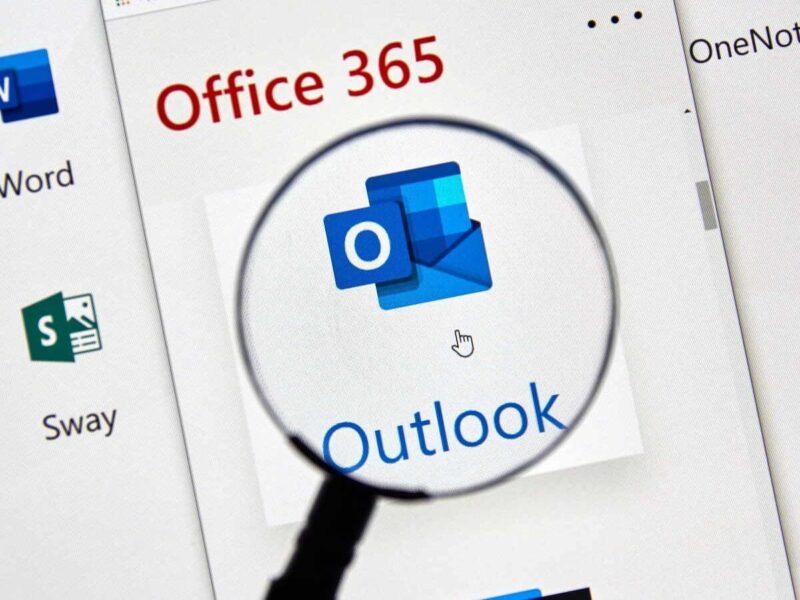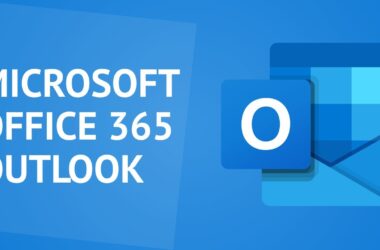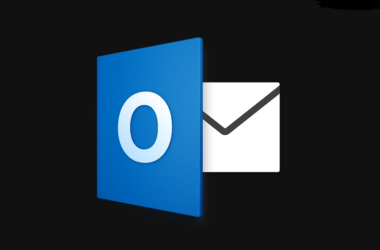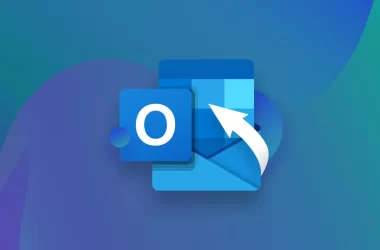Welcome to our comprehensive guide on tackling the notorious pii_email_e2f97ccd6ad1a7946c80 error that has been causing headaches for many users. We understand the frustration this error can bring and are here to provide you with a step-by-step solution that will help you not only fix the problem but also prevent it from recurring in the future. Our team of experts has meticulously researched and tested various methods to ensure you have the most accurate and up-to-date information at your fingertips. So, let’s dive in and bid farewell to the [pii_email_e2f97ccd6ad1a7946c80] error for good!
Understanding the [pii_email_e2f97ccd6ad1a7946c80] Error
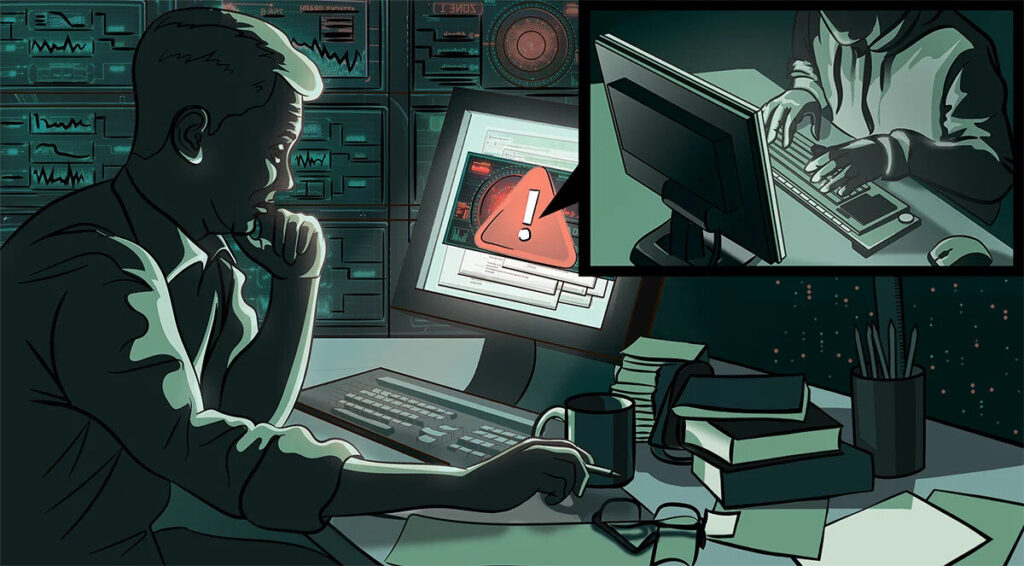
Before we delve into the solutions, it’s crucial to understand the root causes of the [pii_email_e2f97ccd6ad1a7946c80] error. This will not only help you fix the issue but also take preventive measures to avoid it in the future. Here are some common causes:
Cause 1: Outdated Software
Using an outdated version of your email client software can trigger the [pii_email_e2f97ccd6ad1a7946c80] error. Updates often come with bug fixes and improvements that enhance compatibility and overall performance. Ignoring updates can lead to conflicts with your email server, resulting in an error message.
Cause 2: Conflicting Applications
Sometimes, other applications running on your system can clash with your email client, leading to the [pii_email_e2f97ccd6ad1a7946c80] error. This can be especially true if these applications access or modify similar system files. Identifying and resolving such conflicts is essential for a smooth email experience.
Cause 3: Server Issues
Temporary server problems on either your end or the email provider’s end can trigger the error. These issues can include server downtime, maintenance, or high traffic. It’s a good practice to check the email provider’s official website or social media channels for any ongoing server-related announcements.
Cause 4: Incorrect Configuration
Misconfigured settings within your email client can lead to the [pii_email_e2f97ccd6ad1a7946c80] error. This could involve incorrect port numbers, server addresses, or security protocols. Double-checking your email client’s settings can help rectify these configuration-related issues.
Cause 5: Malware or Virus
Malware or viruses on your system can disrupt the communication between your email client and the server, triggering error messages like [pii_email_e2f97ccd6ad1a7946c80]. Running regular scans with reputable antivirus software can help detect and remove such threats.
Step-by-Step Solutions to [pii_email_e2f97ccd6ad1a7946c80] Error
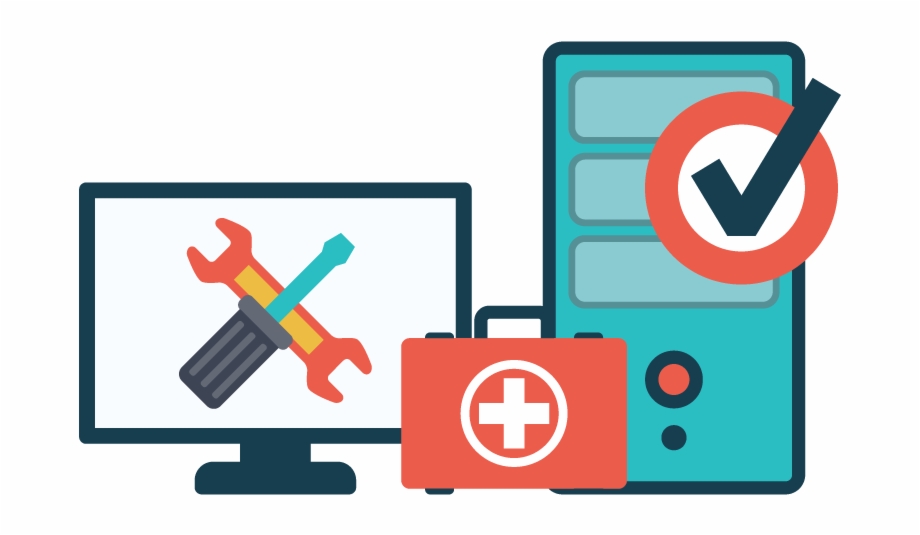
Solution 1: Clear Cache and Cookies
A common culprit behind the [pii_email_e2f97ccd6ad1a7946c80] error is a cluttered cache and cookies. These temporary files can accumulate over time and lead to conflicts within your email client. To resolve this, follow these simple steps:
- Open your email client and log out.
- Clear your browser’s cache and cookies. You can usually find this option in the settings or preferences menu.
- Close and reopen your browser.
- Log back into your email account and check if the error persists.
Solution 2: Update or Reinstall the Email Client
Outdated or corrupted email client software can trigger the [pii_email_e2f97ccd6ad1a7946c80] error. Ensure you’re using the latest version of your email client by visiting the official website and downloading the most recent update. If the error persists, consider uninstalling the software and then reinstalling it. This can often resolve compatibility issues and glitches that might be causing the error.
Solution 3: Disable Antivirus and Firewall Temporarily
At times, your antivirus or firewall settings could interfere with the functioning of your email client, leading to the [pii_email_e2f97ccd6ad1a7946c80] error. Try disabling them temporarily and check if the error vanishes. If it does, you might need to reconfigure the settings to allow the email client to communicate freely.
Solution 4: Check for Multiple Accounts
Having multiple accounts signed in simultaneously could trigger conflicts, resulting in the [pii_email_e2f97ccd6ad1a7946c80] error. Ensure you’re only signed in with the account you intend to use and log out from any other accounts.
Solution 5: Contact Customer Support
If none of the above solutions seem to work, it’s time to seek assistance from customer support. Reach out to the support team of your email client with a detailed description of the error, the steps you’ve taken, and any specific error messages you’ve encountered. They should be able to provide you with personalized guidance to resolve the issue.
Preventing Future Occurrences
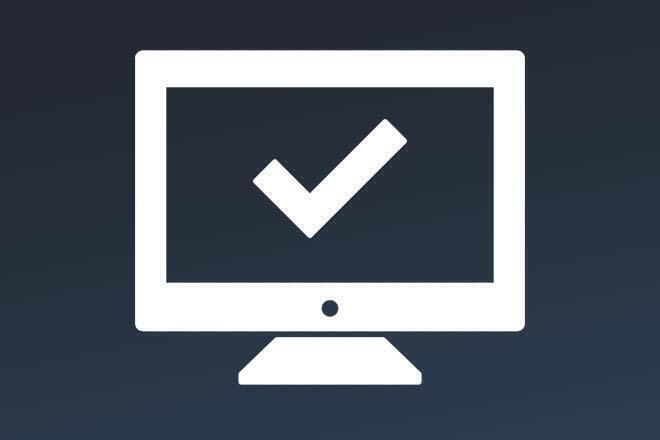
Taking preventive measures can significantly reduce the likelihood of encountering the [pii_email_e2f97ccd6ad1a7946c80] error in the future. Here’s how:
1. Regular Software Updates
Make it a habit to update your email client software regularly. These updates often include critical bug fixes, security patches, and performance enhancements. By staying up to date, you ensure that your email client is equipped to handle the latest challenges.
2. System Maintenance
Keeping your system’s software updated is equally important. Outdated operating systems or drivers can introduce compatibility issues that lead to errors. Check for system updates and apply them as needed to maintain a stable environment.
3. Security Software
Invest in a reputable antivirus and antimalware software to safeguard your system from potential threats. Regular scans can help identify and eliminate malware that might interfere with your email client’s functionality.
4. Backup Your Data
Regularly back up your email data to ensure that even if an error occurs, your critical emails and contacts are safe. Cloud-based storage or external hard drives are excellent options for keeping your data secure.
5. Mindful Installation
When installing new software or applications, pay attention to the permissions they request. Some applications might request access to your email client, potentially causing conflicts. Be selective and only install trusted applications.
Frequently Asked Questions
Q: Can the [pii_email_e2f97ccd6ad1a7946c80] error be caused by using my email account on multiple devices?
A: Yes, using your email account on multiple devices simultaneously can sometimes lead to conflicts that trigger the error. Make sure you’re logged out from all other devices to see if it resolves the issue.
Q: I’ve tried all the solutions, but the error still persists. What else can I do?
A: If you’ve exhausted all the solutions provided and the error is persistent, it’s recommended to reach out to the customer support of your email client for personalized assistance. They might be able to identify specific issues related to your account.
Q: Could a slow internet connection contribute to the [pii_email_e2f97ccd6ad1a7946c80] error?
A: While a slow internet connection might not directly cause the error, it could lead to disruptions in the communication between your email client and the server, resulting in the error message. Ensuring a stable internet connection is advisable.
Q: Will uninstalling and reinstalling the email client delete my emails?
A: Uninstalling and reinstalling the email client should not delete your emails, as they are usually stored on the email server. However, to be safe, you can back up your emails before performing any major software changes.
Q: Are there any specific browser requirements for resolving the [pii_email_e2f97ccd6ad1a7946c80] error?
A: While there are no specific browser requirements, using an up-to-date and supported browser can contribute to a smoother experience when accessing your email client. Ensure your browser is also free from cache and cookies clutter.
In Conclusion
Dealing with the [pii_email_e2f97ccd6ad1a7946c80] error can be frustrating, but armed with the solutions and preventive measures outlined in this guide, you’re now well-equipped to overcome this challenge. Remember, technology can sometimes be unpredictable, but with our expert guidance, you’re on your way to enjoying a seamless email experience once again. Say goodbye to error codes and hello to hassle-free communication!




